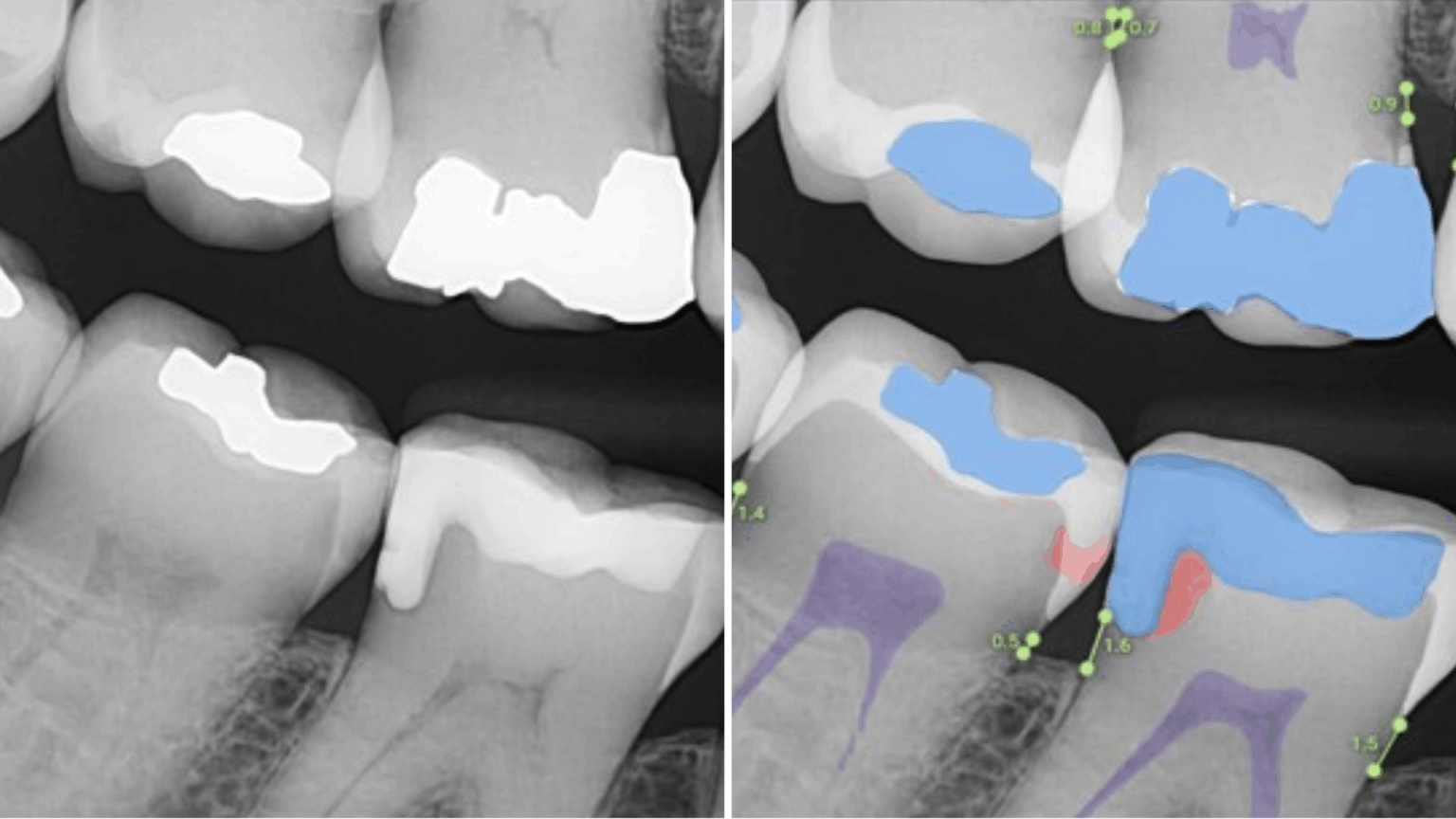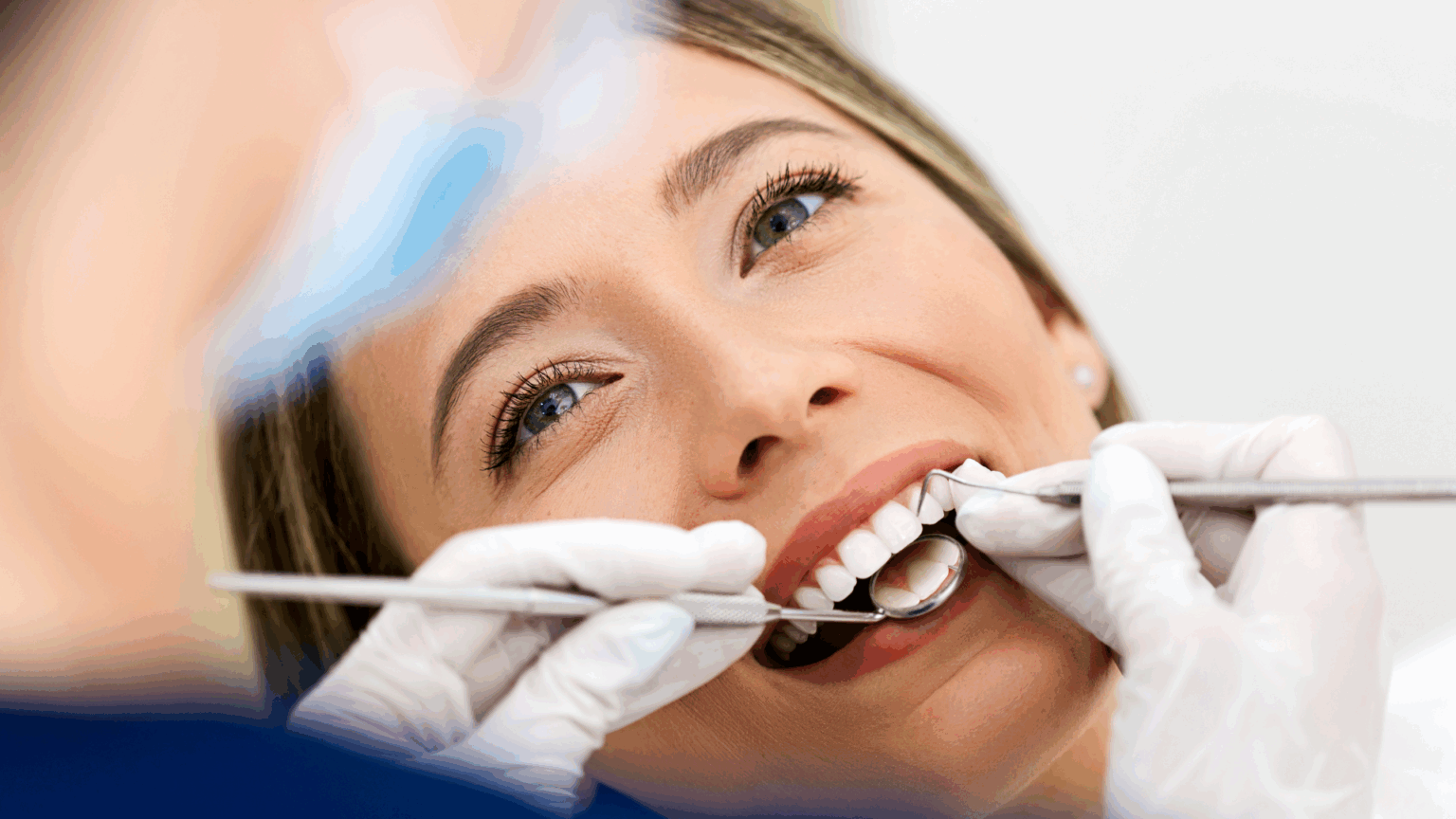When most people think about birth control, their first thought isn’t about their teeth or gums. But hormones play a bigger role in oral health than many realize. Hormonal contraceptives—like the pill, patch, ring, implant, or injection—can influence your gums, saliva, bone health, and even how you heal after dental procedures.
At CornerStone Dental in La Grange, TX, we want our patients to understand how birth control may affect their oral health, so you can take steps to protect your smile.
How Hormones Affect the Mouth
Estrogen and progesterone, the two main hormones affected by most forms of birth control, don’t just regulate the reproductive system—they also influence the tissues in your mouth. When hormone levels shift, it can change the way your gums respond to plaque and bacteria.
That’s why some women notice gum changes after starting or switching birth control. It’s not just coincidence—hormones truly can impact oral health.
Gum Health and Inflammation
One of the most common side effects is gum inflammation. Higher hormone levels increase blood flow to the gums, which can make them more reactive to plaque. You may notice:
- Gums that look red, swollen, or puffy
- Tenderness when brushing or flossing
- Bleeding during daily oral care
Over time, this can raise the risk of gingivitis or even gum disease. At CornerStone Dental in La Grange, we can help you stay ahead of gum changes with professional cleanings and tailored preventive care.
Dry Mouth and Cavities
Some contraceptives may reduce saliva production, leading to dry mouth. Saliva is one of the body’s natural defenses against tooth decay—it washes away bacteria, neutralizes acids, and protects enamel.
When saliva is reduced, you may experience:
- Bad breath
- A sticky or dry feeling in your mouth
- Higher risk of cavities
Drinking more water, chewing sugar-free gum, or using mouth rinses designed for dry mouth can help protect your teeth and gums.
Birth Control and Bone Health
Certain contraceptives, like the Depo-Provera injection, have been linked to lower bone density with long-term use. Because your jawbone supports your teeth, weaker bone tissue could increase risks tied to gum disease or complicate future treatments such as dental implants.
If you use this type of birth control, regular checkups at CornerStone Dental give us the chance to monitor your oral and bone health over time.
Healing and Dental Procedures
Hormones also influence how your body heals after dental treatment. For example, studies show that women on oral contraceptives may have a slightly higher risk of dry socket after wisdom tooth removal. Hormones can also impact blood clotting and tissue repair after oral surgery.
This doesn’t mean you can’t have dental procedures while on birth control—it just means your La Grange dentist may give you extra aftercare instructions to help you heal smoothly.
Protecting Your Oral Health While on Birth Control
If you’re taking hormonal contraceptives, here are a few simple steps to keep your smile healthy:
- Brush twice daily and floss once a day to keep gums healthy
- Drink plenty of water to fight dry mouth
- Visit CornerStone Dental in La Grange regularly for exams and cleanings
- Tell your dentist about your birth control and other medications
- Don’t ignore warning signs like bleeding gums, persistent dryness, or changes in sensitivity
The Bottom Line
Yes, birth control can affect your oral health—but awareness makes all the difference. By practicing good dental habits and visiting our team at CornerStone Dental in La Grange, you can prevent small issues from turning into bigger problems.
📞 Call us today at 979-968-9451 or book your appointment online to schedule your next checkup and keep your smile healthy.



